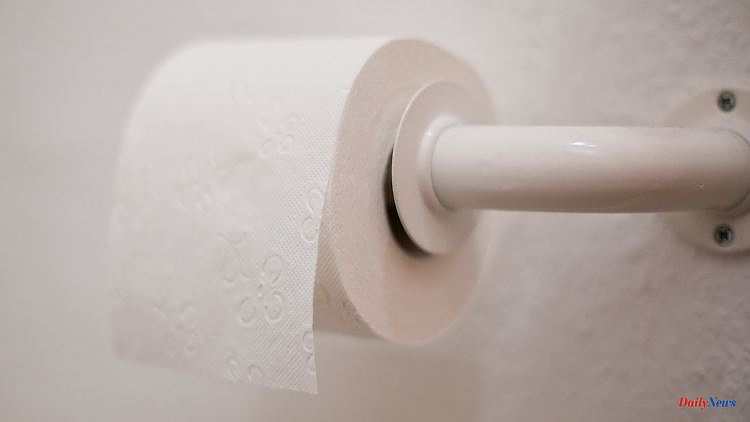A lot of energy is required to produce paper. And because this is currently very expensive, the industry passes on the prices - for toilet paper, for example. However, the industry associates many expectations with the measures taken by the federal government to contain energy prices.
The energy crisis is now also making itself felt for consumers when they go to the toilet. Due to the high energy costs in the paper industry, consumer prices for toilet paper are also increasing. "Hygiene products, packaging products, paper for the printing industry - all these products also mean an additional burden for the consumer," said Winfried Schaur, President of the industry association Die Papierindustrie.
"However, a critical limit has now been exceeded in many areas, at which the increased energy costs can no longer be passed on to the market and the profitability of production is called into question," he added. The paper industry is considered to be particularly energy-intensive. However, she does not make the majority of her sales with hygiene products, but with paper, cardboard and cardboard for packaging.
Schaur assumes that the relief measures recently decided by the federal government will also help the industry. "If the relief package meets expectations - that is, if the 'double boom' actually occurs - it will also bring relief for the energy-intensive basic industries," he said. However, medium-term structural measures are also required.
"In the short and medium term, Germany urgently needs more base load generation capacities on the electricity market that are independent of Russian energy imports in order to bridge the supply gap." Shut down hard coal and lignite power plants would have to be reconnected to the grid "as soon as possible". Even the temporary use of nuclear power plants should not be taboo.
In the meantime, the expansion of renewable energies "must be pushed forward vigorously and the approval process greatly accelerated in order to replace fossil and nuclear energy sources as quickly as possible," stressed Schaur. The industry itself is working on new processes and low-CO2 production techniques to reduce energy consumption and thus emissions.












